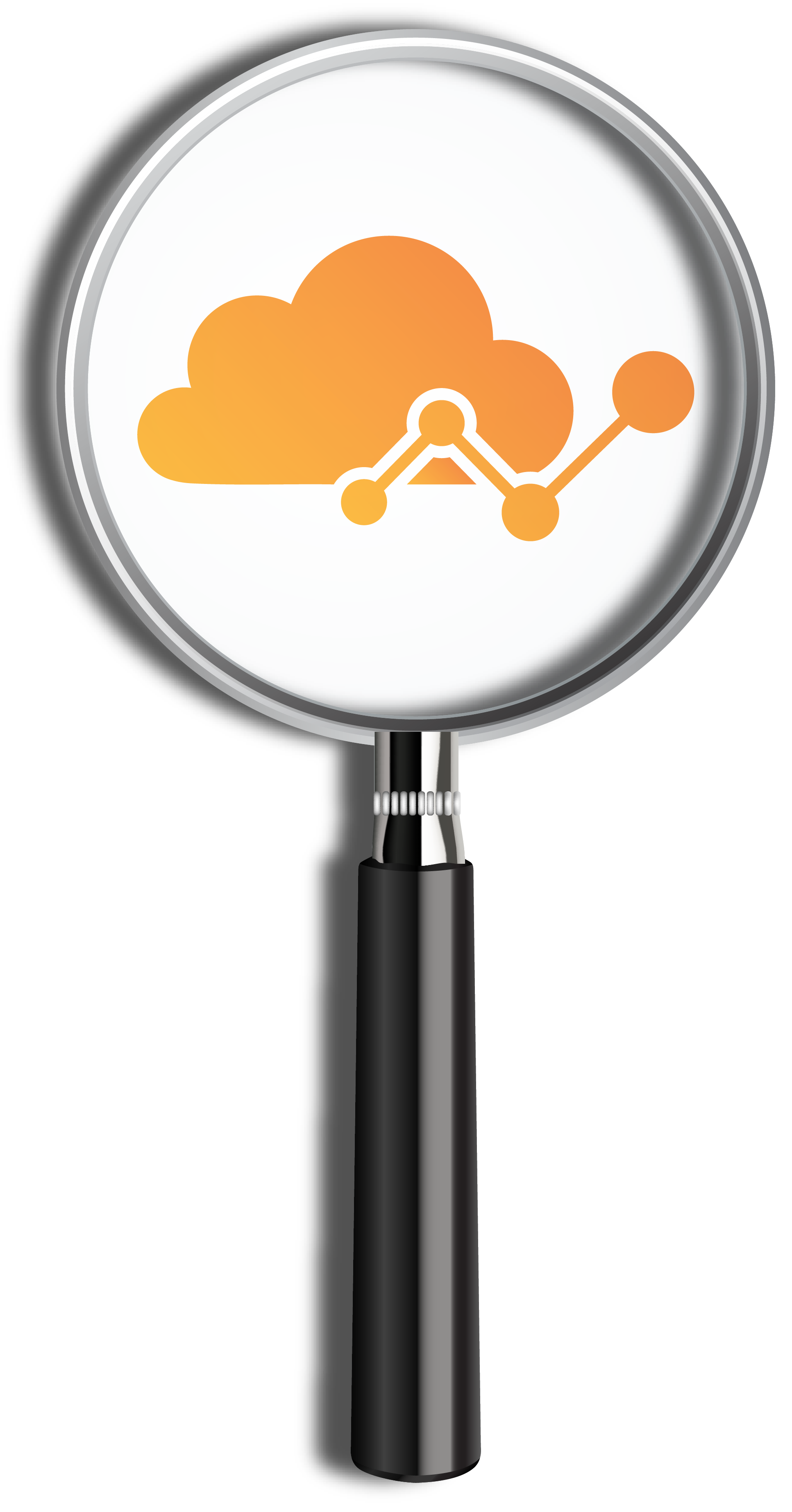
Business Planning is Spelled D.A.T.A.
Extract valuable insights from your data to enhance your business planning
Data Integrity
|
Data-Based Decisions
|
Compliance
|
Using Technology to Improve Business Processes
|
Data Integrity | Data-Based Decisions | Compliance | Using Technology to Improve Business Processes |
What data do you have, can you trust it, and how can technology tools help you learn from it?
As a modern business professional, you have data about your employees, statistics, workforce information, turnover numbers, and may other data points from your computer systems. Learn how you can use this to make smart decisions for your company and make good recommendations for improvements across your organization.
Imagine you had an employee who consistently withheld information from you. That same employee also regularly turned in incomplete and inaccurate work. Sometimes, they didn’t even show up to work at all. Would you settle for that kind of performance? Of course not! So why are you letting your data get away with that kind of behavior?
As you think back to this fictional employee, a lack of integrity might come to mind. So, it might not surprise you that the concept of ensuring your data is accurate, safe, and accessible is referred to as data integrity.
What Is Data Integrity and Why Is It Important?
Data integrity is the overall accuracy, completeness, accessibility, consistency and security of your data. It is comprised of processes, rules, and methods to achieve and maintain these qualities. As far as why data integrity is important, there are several reasons. However, the main overarching reasons tend to fall into a couple of needs: data-based decisions, and compliance.
Data-Based Decisions
Data tends to inform almost all business processes and decisions these days. To quote W. Edwards Demming, “In God we trust. All others must bring data.” The thing is, data-based decisions can really only be as good as the data you rely on. Data integrity helps guarantee the data powering your plans is accurate and completely reliable.
What’s more, data integrity ensures recoverability, traceability, and searchability of data. These can all be key nuances and bits of information that inform business decisions.
With good data integrity, it should be easy to navigate your data and determine how it all connects.
Compliance
Complete data is always better, but in some industries, it’s the law. Imagine in the pharmaceutical field for example, that a new drug is being studied and set to roll out. Before they can do so, the FDA looks into their data to make sure this drug is safe and effective. Well, if there is a bit of data missing or bugs in the accuracy, that pharmaceutical company is going to be in big trouble. Not only will the FDA not approve their drug, but there may be legal ramifications. Plus they essentially wasted all of the time and resources they spent studying the drug since the data has no integrity.
Data Integrity Issues
Between the integrity of the raw data itself, and the integrity of its analysis, there is a lot of room for error and issues to arise. Let's take a look at some data integrity issues examples:
Human Error can come in multiple forms from entering data incorrectly, duplicating it, or omitting it altogether.
Transfer Errors can occur when transferring data from one spot to another. Data can get lost, altered, or damaged during transfer errors.
Bugs and Viruses like malware and spyware can alter, steal, or
delete data.Compromised Hardware can result in sudden crashes or damaged physical property that stores the data. Compromised hardware can result in malfunctioning data, lost, or altered data, or inaccessible data.
Staff turnover can result in data that goes missing or isn’t recorded before their departure. It can also lead to human errors if there is not a set protocol for how to handle data when some quits or is fired.
Data Integrity Best Practices
So what is good data integrity, and how do you achieve it? Some key steps for achieving reliable, trustworthy, and accessible data include:
Assessing your greatest risks to your data
Looking at your data early and often
Building a team of data experts (like us at Moser!)
Make data integrity a part of everything you do, not an afterthought
Simplify data lifecycles where you can
How Technology Improves Business Processes
Technology and IT services are integral parts of any successful business. You can incorporate new technology solutions to gather insights from your data in your HRIS to direct business planning and implementation of new processes. If you wish to optimize productivity and progressively increase growth and profits, then implementing the right technologies into various business practices can yield those desired results.
The purpose of implementing technology into the business is not to replace any of the hard-working members of a team. We understand that there is an established culture and process they are operating within, and the technology is there to make their lives and the company's life easier.
5 Ways Technology Can Improve Your Business
When utilized correctly, technology has a near limitless ceiling to improve overall business performance. We could go on all day with examples of ways a business could use any number of different technologies. Still, we will focus on five significant ways all types of companies can use technology to improve their operation.
1.
Improved Project Management
With the advancement of web-based technologies, it has never been easier for businesses to track progress and the overall timeline of specific projects. G2 releases a list of the best product management software, and is a fantastic place to start your search.
2.
More Effective Marketing
Spreading the word about your business through as many different channels as possible is key to driving positive business growth. Technology can enhance this experience by tailoring your marketing to a desired demographic. More than half of web traffic worldwide comes from mobile devices. The same effort that gets put into traditional marketing should now be put into mobile marketing as well.
3.
Lower Operation Costs
Overspending can kill most gains that a company produces, as frequently the math comes out to breaking even after expenses are covered. One clever way to combat this issue is by leveraging the latest cloud-based technologies to decrease spending by decreasing the amount of a budget spent on hardware storage or maintenance as your company grows.
4.
Increased Productivity
Even if your employees have an optimized system, there is software available to make their work-life more efficient. For example, Unified Communications as a Service can increase productivity by allowing for real-time response from teammates all over the world. This simultaneously increases collaboration that is not restricted by geographical constraints.
5.
Automated Processes
One of the quickest ways to improve business processes is by reducing manual efforts. For example, people make mistakes, but minor errors become major ones less often if an organization has implemented automated data processing (ADP). Overall, ADP offers numerous benefits, including time savings, increased accuracy, improved productivity, and cost-efficiency.
Apply Data Technology to Reveal Actionable Insights.
All of this is why we applied our Honeycomb analytics platform to data like yours. The results gave our clients insights into their data that they were able to use to make actionable changes in processes and procedures. These types of changes can help you work smarter, not harder.
WE DON'T REPLACE YOUR ERP, WE MAKE IT BETTER.
Honeycomb takes care of the tech stack and packages your data from multiple systems and sources into one usable dashboard. Your custom dashboard can take data systems you already use, but are not currently connected, such as:
ADP
Dayforce
Namely
Datis
Salesforce & other CRM systems
Jira
ERP systems
Databases such as SQL Server, Oracle, PostgreSQL
APIs
Excel and flat file sources
Cloud systems such as Azure or Snowflake
Power BI
Dynamics
CMS Five Star
Casamba
Catalyst
CodeMetro
GreatPlains
Lifeworks
MatrixCare
DSSI
FNBO
Request a demo today to see what the Honeycomb data tool can do for you.
Learn more about Honeycomb from these resources:





